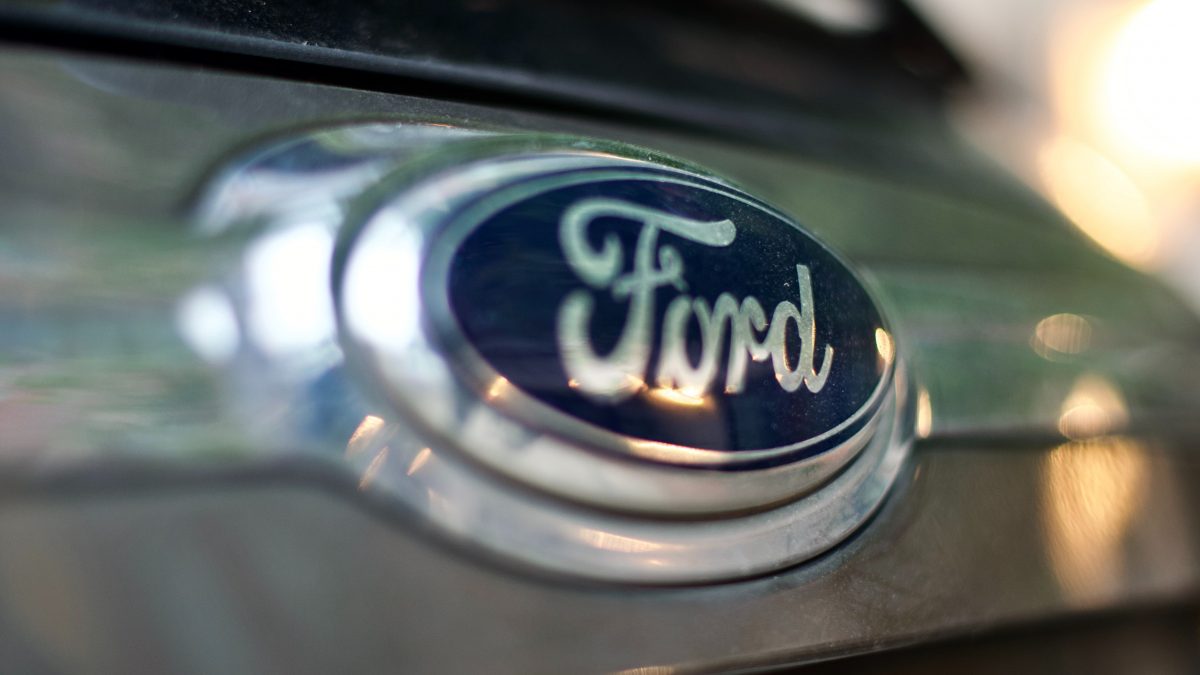
The NHS Strikes: Everything You Need to Know
January 13, 2023
Common Laws and Regulations for Forex Trading
January 14, 2023No one wants to get in a car accident, and yet, with so many vehicles on the street, accidents are bound to happen. This is why it’s a good idea to know what to expect and how to manage the situation if you’re ever unlucky enough to be involved in such a confusing scenario.
It’s also a good idea to know which information you can rely on and the common misunderstandings. This way, you can make sure your rights will be respected and that you will receive proper compensation.
1. Differences Between States
Few drivers out there know that fault in the case of a car accident is not defined the same in all the US states. Fault and establishing liability depend heavily on how traffic laws are defined in the state where the accident happened.
Plus, most states will take one of the three main existent approaches when it comes to assigning fault and deciding on compensation:
- Pure Contributory Negligence (applicable in 5 states) – if you’re in one of these states, the only way you are entitled to compensation by another driver (the guilty party) is if you can prove you were faultless in the accident.
- Comparative Negligence (applicable in 12 states) – in this case, a driver can claim compensation in proportion to the percentage of fault assigned to the at-fault party or parties.
- Modified Comparative Negligence (applicable in 33 states) – if you are assigned up to 50% (or 51%, in some states), you can claim compensation up to the proportion of fault assigned to the other driver(s).
All this can be extremely confusing, especially when you have to deal with the storm of emotions and confusion of a car accident. This is why it helps to know what to do when you are involved in a car accident and how to gather as much evidence as possible. If you are able to take photos and videos and record any comments made by the other driver(s) involved in the accident.
2. Getting Expert Legal Advice and Representation
Many drivers think they can handle filing a damage report with their insurer and that, once this step is complete, the insurer will take over and take care of everything else. In reality, things are not that simple.
Even if you didn’t sustain much damage and everyone involved seemed to have their health intact, this doesn’t mean that parties can’t discover later issues. Plus, insurers don’t have your best interest in mind; they only care for their business.
So, the best thing you can do immediately after a car accident is to get a local auto accident attorney you can trust. This person or firm will provide legal guidance and will be your intermediary in discussions with the insurer and the authorities representing your interests.
3. The Police Report Establishes Fault
Another common misconception is that if you call the police and file a report with them, it will be their job to establish fault. In reality, the job of a police officer at the site of a car crash is to assess the situation, document everything, make sure everyone is safe, free the road, and collect samples and evidence.
Still, you have to call the police and report the accident, no matter how small it seems. This part is important because the report created by the police may provide supporting evidence in the case of a lawsuit.
When it comes to determining whose fault it was, the police don’t have a say in this. This matter will be determined by the insurance company and courts (in the case of a lawsuit).
4. Documenting Your Injuries
Just because you don’t feel any pain or you don’t have any scratches immediately after a car crash, this doesn’t mean your body wasn’t affected. Even if it was a low-speed collision, your body does feel the impact, and the adrenaline levels will shoot up to keep you alert.
Also, some injuries can take weeks or months to appear. In fact, some of the most common injuries in the case of a car accident (such as pain in the neck, head, and back) only show up later.
So don’t dismiss any discomfort and get yourself checked out as soon as possible after an accident. Also, make sure to keep a record of all your medical visits and let your doctor know about your situation.
Key Takeaway
Car accidents are scary and confusing, which is why you need proper legal representation. The insurers and the police are just institutions that you’ll have to communicate with, but they don’t have your best interest in mind.



